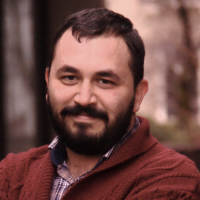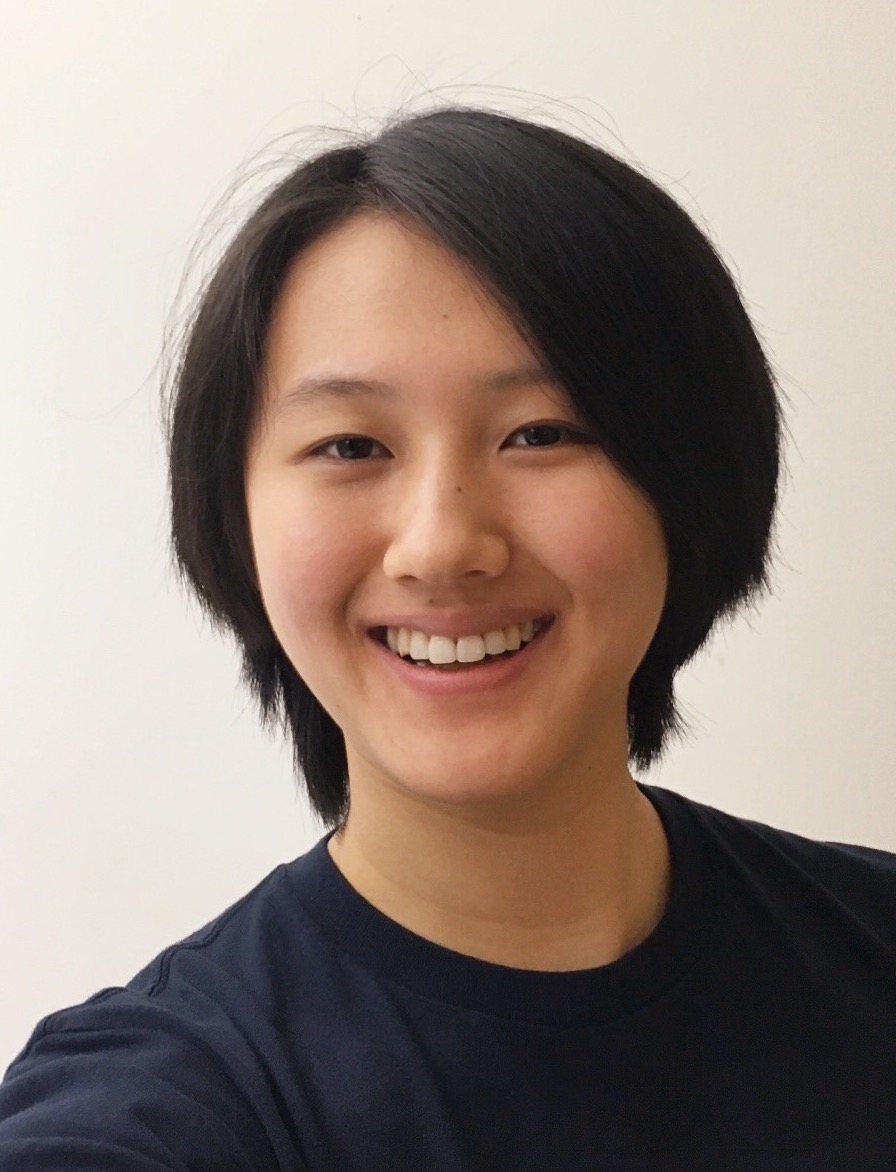Current members
Principal Investigator

Randall Davis
davis@csail.mit.edu Room 32-237Randall Davis is Professor of Computer Science and Electrical Engineering at MIT and Research Director at MIT CSAIL. He is currently the principal investigator of Genesis Group. He also leads the Sketch Understanding and Design Rationale Capture group at CSAIL.
Research Scientist

Henry Lieberman
lieber@media.mit.eduHenry Lieberman is Research Scientist at the MIT Computer Science and Artificial Intelligence Laboratory (CSAIL). His interests are in the intersection of Artificial Intelligence and Human-Computer Interaction, to make computers smarter and more helpful to people. At the Media Lab since 1987, he directed the Media Lab's Software Agents group as Principal Research Scientist.
Visiting Professor

Jamie C. Macbeth
jamie.macbeth@gmail.com Room 32-258Jamie Macbeth is an Assistant Professor at Smith College's Department of Computer Science. In the 2019-2020 academic year, he is a MIT Martin Luther King, Jr. Visiting Professor with the Genesis Group. His research is focused on building systems that achieve in-depth understanding of natural language by decomposing meanings into complex conceptual structures that reflect humans' non-linguistic embodied cognition, memory, and imagery.
Postdoctoral Associate

Cagri Zaman
zaman@mit.edu Room 32-258Cagri builds models of human spatial experience and space perception, providing socio-anthropological, cognitive, and computational insights into everyday human activities. Starting in Spring 2020, Cagri will be a Lecturer in the Department of Architecture, and coordinator of the Visual Experience Design Lab
Graduate Students

Dylan Holmes
dxh@mit.edu Room 32-258Dylan builds computational models to capture aspects of human deliberation, reflective thinking, and imagination. These models help explain how humans can notice when they're stuck and how they dream up hypotheticals to gain deeper understanding. Dylan's current project is a cognitive system that controls when to react and when to reflect; in a story-based application, such a system can resolve differences between instinctive gut reactions and deliberative moral principles. This project builds upon and goes beyond Story-enabled hypothetical reasoning (S.M. thesis, 2017).

Leilani Hendrina Gilpin
lgilpin@mit.edu Room 32G-530Leilani is a PhD candidate in Electrical Engineering and Computer Science at MIT. She is advised by Gerald Jay Sussman, but is a long-time collaborator with the Genesis Group. Her interests focus on creating systems that are explainable by design. Her work combines classic approaches from explanatory artificial intelligence (XAI), commonsense reasoning, and has applications to system robustness and AI and society. Previously, Leilani lead the development of a system called reasonableness monitors, which supplements opaque decision making systems with commonsense reasons and rules, all towards an explanation of the reasonableness of their intended decisions or actions. For her dissertation, Leilani is working on a system-wide explanatory architecture that enables more reliable error detection. This methodology, anomaly detection through explanations, allows complex machines to interpret their actions and learn from their mistakes.

Jennifer L. Madiedo
jmadiedo@mit.edu Room 32-259Jennifer is an M.Eng student in Electrical Engineering and Computer Science at MIT. She is interested in using computational models to better understand how humans predict outcomes. Her research looks at how relating past experiences and generalization in stories can lead to better predictions. She is currently working on an implementation within the Genesis Story Understanding system.

Zhutian Yang
ztyang@mit.edu Room 32-259Yang is a first-year PhD student at the Department of Electrical Engineering and Computer Science at MIT. She is interested in modeling how humans learn from stories -- their life experience and the stories of others. She developed Genesis Novice Learners that acquires procedural knowledge by reading online recipes, asking questions to experts, and reading stories of problem-solving [1]. Yang is currently developing a socially intelligent system that understands players' behavior in Minecraft games as stories, then it will predicts player actions, infers players mental states, and advises players based on past experience to help them better achieve goals.
Visiting Student

Yida Xin
yxin@bu.eduYida is a PhD student at Boston University’s Department of Computer Science. He is advised by Peter Chin and is a member of the LISP (Learning, Intelligence, and Signal Processing) group at CS, BU. He was co-advised by Patrick Henry Winston, before his passing, as a collaborator with the Genesis group at CSAIL, MIT.
Founder and Inspirer

Patrick H. Winston
Patrick Winston (1943 - 2019) founded CSAIL’s Genesis Group to develop AI systems with human-like intelligence, including the ability to tell, perceive, and comprehend stories. He believed that such work could help illuminate aspects of human intelligence that scientists don’t yet understand. He was professor at MIT for almost 50 years, and director of MIT’s Artificial Intelligence Laboratory from 1972 to 1997 before it merged with the Laboratory for Computer Science to become MIT’s Computer Science and Artificial Intelligence Laboratory (CSAIL).